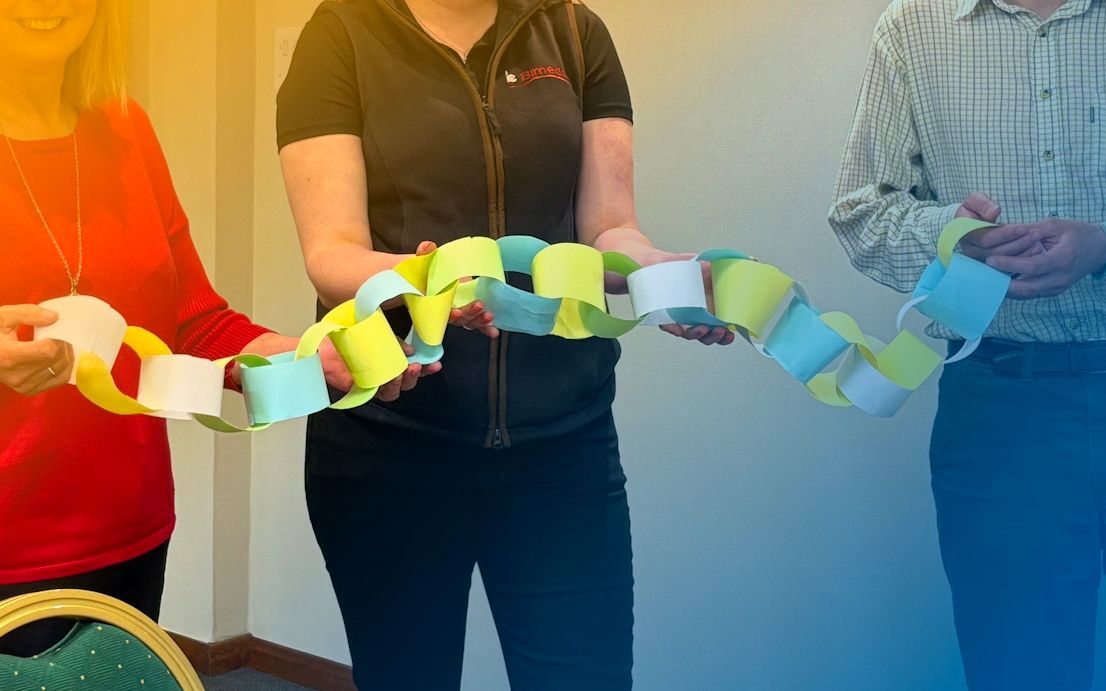Public Speaking – Overcoming Nervousness
"Fear is that little darkroom where negatives are developed"
Michael Pritchard
It’s OK to be nervous. In fact, it’s probably a good thing. If you are very calm before a presentation, you may be underestimating the difficulty of your assignment. If you’re calm because you consider the topic an easy one (a “no brainer”), you may not project enough interest in your subject.
If you’re not nervous, you may have a hard time projecting the energy and enthusiasm that you will need to win your listeners’ attention. Nervousness can be a tool to communicate enthusiasm.
Channel your nervousness by forcing yourself to speak clearly and to make eye contact with your listeners. It cannot be stressed too often that the element of balance is important in delivering a speech.
Come across as too relaxed and you will sound a little bit bored. If you are bored, then the audience will expect to be bored as well and they will need very little excuse to start mentally running through other things that they have to do later that day.
Conversely, if you come across as too nervous, they will wonder why you are giving the presentation rather than someone “competent”. Also remember that although eye contact with your audience is good, staring at them will just make them apprehensive – or worse yet, amused.
Preparing Mentally
Some advice for participants on mental preparation:
- Like an athlete preparing for a big game, you need to keep yourself positive as you prepare for your own important contest. Think of all your successes in life – all the worthwhile things you have done. Remind yourself that you have prepared for this presentation, that you know what to expect.
- Think about similar experiences you have had. How have you responded in similar situations in the past? If you’re like most people, your feelings of anxiety will gradually go away as you work your way through your presentation. You have probably been through things like this in the past – an initial period of nervousness and anxiety that lasts only a short time.
In so many cases, the anticipation of an event is the most emotionally charged part of it. The “athlete” analogy is a good one. If you allow yourself to think too much about the bad things that might happen, it becomes almost a self-fulfilling prophecy. Do not go into the meeting or conference room with a sense of foreboding and a strategy of damage limitation. All that this will do is invite problems which do not need to be there.
You have already done most of the work, delivering the presentation is no more than the final ten per cent. Once you are in the “zone” momentum will take you to the end.
What many people do, and it is something that can be destructive if you allow it to be, is anticipate being nervous. The more you think “Oh, the nerves are going to get to me”, the more they will. Accept that nerves are a part of public speaking and channel those nerves into making your speech come alive.
Anyone who claims not to have been nervous the first time they spoken in public is almost certainly lying. It is something that is very hard to pre-imagine accurately and in most cases, the nerves dissipate after the first few minutes. Accept that you will be nervous and concentrate on delivering a good presentation. You will learn to love those nerves.
Physical Relaxation Techniques
Two Relaxation Techniques
Deep breathing:
- Sit up straight, cross your legs at the ankles or keep your feet flat on the floor.
- Take a long, slow breath in through your nose. Pretend that you are breathing into your abdomen.
- Allow your abdomen to expand.
- Exhale slowly and evenly through your nose. As you exhale, allow your abdomen to go in.
- Continue to breathe in this way for five to ten breaths.
Progressive Relaxation
- Tense a group of muscles so that they are as tightly contracted as possible.
- Hold them in this state of extreme tension for a few seconds.
- Relax the muscles as you normally would.
- Consciously relax your muscles further so that you are as relaxed as you can be.
Appearing Confident in Front of the Crowd
Personal organisation: notes, visual aids, and handouts
A speaker who fumbles around with his materials gives an impression of poor organisation and lack of interest. The audience suspects that such a speaker hasn’t put much effort or thought into preparing for the presentation.
Allow yourself enough time to organise all your materials before you begin your presentation. Being well-organised can also improve your self-confidence.
Remember that there is no reason for the people in the audience to feel anything but well-disposed towards you. Even if they may not agree with what you have to say, if you do not say it confrontationally, they will accept your right to say it.
One of the most famous strategies to deal with nervousness when addressing an audience is to picture them all in their underwear. However, this is more a joke than a serious strategy. Those who have seriously tried it have found that it distracted them more than anything. It is much better simply to look out into the audience, smile in a relaxed way, and introduce yourself.
The chances are that many of your audience will smile back and you can then address parts of your speech in their direction in order to feel supported.
The most important thing to remember in order to deliver the most confident presentation you can is to have an awareness of your surroundings. If you move around, bear in mind the positioning of things in the room. If you walk into something, pass it off with a brief joke about people planting things to put you off your stride and simply allow your speech to flow.






















